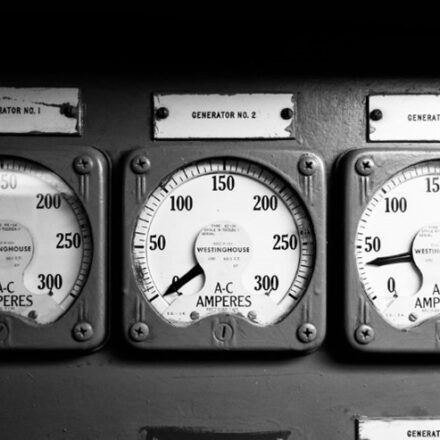On 10 March 2014, the Federal Court of Australia found that Breast Check Pty Ltd engaged in misleading or deceptive conduct and made false representations in contravention of s 52 TPA and s 18 ACL, and s 53(c) TPA and s 29(1)(g) ACL, in relation to the ability of its thermography device to provide certain breast check services. Breast Check’s employee, Dr Boyd, was found to have been knowingly concerned in or involved in or party to the contraventions, including because of her involvement in the development of the relevant documents and administration of Breast Check.
The ACCC alleged in its enforcement proceeding that Breast Check had represented in its promotional pamphlets, without adequate scientific medical basis for so doing, that:
- breast imaging using a thermography device (alone or in conjunction with a multifrequency electrical impedance mammograph (MEM device)) could provide an adequate scientific medical basis for either assessing whether a customer is at risk from breast cancer and the level of risk, or for assuring a customer that they do not have breast cancer; and
- there is an adequate scientific medical basis for using the thermography device (alone or in conjunction with an MEM device for breast imaging) as a substitute for mammography;
Breast Check denied that such representations had been made, arguing that the promotional pamphlets contained no such claims.
The Court found that Breast Check made the representations alleged and that they were false or misleading, including because:
- even though the pamphlets stated that “some suspicious findings may require further management, which may include ultrasound and mammography”, that statement did not qualify or alter the impression made by the pamphlet as a whole; namely, that thermography can detect the risk of breast cancer;
- the overall impression created was that thermography alone or in conjunction with an MEM can be used to identify customers not at risk from breast cancer and assure them that they did not have breast cancer. The Court noted the statement in the pamphlets that “we provide information that may reassure you in confirming the health of your breasts”;
- the breast imaging service offered by Breast Check was juxtaposed with that of mammography; and
- in relation to the representation conveying that there is an adequate scientific medical basis for the representations, the Court noted the “information asymmetry” between Breast Check and the audience, accepting that a reasonable person looking to test their health, particularly for something as serious as breast cancer, would expect that there is a scientific medical basis to support the use of the equipment.
The ACCC is seeking declarations, pecuniary penalties, injunctions, an order for publication, an order that a copy of the sealed reasons for judgment be retained by the Court (so that the Court’s findings of fact can be used as prima facie evidence of those facts in any follow-on action for damages or compensation) and costs. The Court has invited submissions as to the appropriate relief and final orders.
The judgment is a reminder of the care that must be taken when making comparative representations, especially those relating to medical and health concerns.
Photo credit: highlander411 / Foter / CC BY. Remixed to B&W and resized








